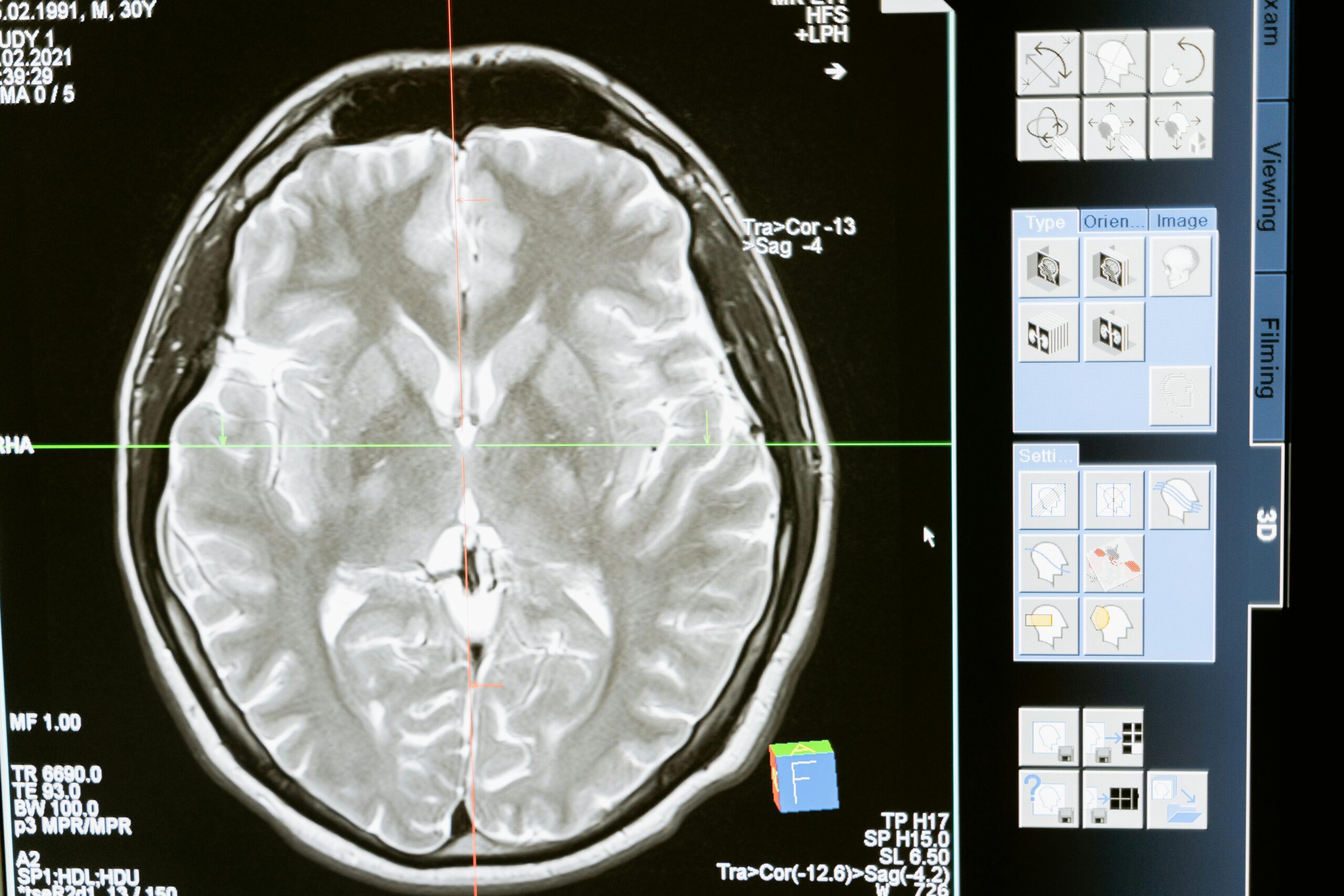In our fast-paced world, brain health is often overlooked. However, the importance of maintaining optimal neurological health cannot be overstated. Your brain controls everything you do, think, and feel. Protecting this powerful organ ensures a higher quality of life, better productivity, and overall well-being. In this comprehensive guide, we delve into the essentials of neurology and share actionable strategies to boost your brain health.
Understanding Neurology: The Brain’s Complex Network
Neurology is the branch of medicine that deals with disorders of the nervous system, including the brain, spinal cord, and nerves. Neurologists diagnose and treat a wide range of conditions such as epilepsy, Alzheimer’s disease, Parkinson’s disease, stroke, and migraines.
The human brain is a complex organ composed of approximately 86 billion neurons. These neurons communicate through synapses, creating a vast network that manages everything from basic motor functions to complex cognitive processes like decision-making and memory.
Why Brain Health Matters More Than Ever
Understanding how the brain works is the first step towards protecting it. Emerging research highlights that brain health is influenced not just by genetics, but also by lifestyle choices, environmental factors, and overall physical health.

Recent studies show that neurological disorders are on the rise globally. Conditions like Alzheimer’s disease are becoming increasingly prevalent, particularly as populations age. According to the World Health Organization (WHO), neurological disorders are responsible for over 6% of the global disease burden.
Maintaining brain health helps reduce the risk of neurodegenerative diseases, improves mental clarity, supports emotional stability, and enhances memory and learning capabilities. As we live longer lives, prioritizing brain health is crucial for maintaining independence and quality of life.
Key Factors That Influence Brain Health
- Nutrition: A brain-healthy diet rich in omega-3 fatty acids, antioxidants, and vitamins can enhance cognitive function and protect against neurodegeneration.
- Physical Activity: Regular exercise increases blood flow to the brain, promotes neurogenesis (the creation of new neurons), and reduces the risk of diseases like stroke and dementia.
- Mental Stimulation: Engaging in intellectually challenging activities like puzzles, reading, and learning new skills keeps the brain agile and resilient.
- Sleep: Quality sleep is essential for brain repair and memory consolidation. Chronic sleep deprivation has been linked to cognitive decline and mood disorders.
- Stress Management: Chronic stress can damage the brain’s hippocampus, impairing memory and emotional regulation. Mindfulness practices, meditation, and relaxation techniques are critical.
- Social Engagement: Maintaining strong social connections supports emotional health and can lower the risk of dementia.
Proven Strategies to Boost Brain Health
1. Adopt a Mediterranean Diet
The Mediterranean diet, rich in fruits, vegetables, whole grains, fish, and healthy fats, has been scientifically proven to reduce the risk of cognitive decline. Foods like salmon, walnuts, blueberries, and leafy greens are brain-boosting powerhouses.
2. Stay Physically Active
Aim for at least 150 minutes of moderate aerobic exercise per week. Activities like brisk walking, swimming, or cycling not only benefit your body but also improve brain function by enhancing blood flow and reducing inflammation.
3. Engage in Lifelong Learning
Keep your brain sharp by continuously challenging it. Learn a new language, pick up a musical instrument, or enroll in online courses. Novel experiences stimulate neural pathways and promote cognitive resilience.
4. Prioritize Sleep Hygiene
Establish a consistent sleep schedule, create a calming bedtime routine, and limit exposure to screens before bedtime. Aim for 7-9 hours of quality sleep each night to support memory consolidation and emotional regulation.
5. Practice Mindfulness and Meditation
Mindfulness practices can physically change the structure of the brain, particularly in areas related to learning, memory, and emotional regulation. Regular meditation can reduce stress and promote a sense of inner peace.
6. Foster Strong Relationships
Stay socially active by participating in community groups, volunteering, or simply keeping in touch with friends and family. Emotional support and intellectual conversations stimulate brain activity.
Warning Signs of Neurological Problems
While taking preventive measures is essential, it’s also important to recognize early signs of neurological issues:
- Persistent headaches
- Dizziness or loss of balance
- Memory loss
- Sudden vision problems
- Difficulty speaking or understanding language
- Weakness or numbness in the limbs
If you experience any of these symptoms, consult a healthcare professional promptly. Early intervention can make a significant difference.
Exciting Advances in Neurology
Neurology is advancing rapidly with innovations such as:
- Brain-computer interfaces (BCIs) that help restore movement in paralyzed individuals.
- CRISPR gene-editing technology to address genetic neurological disorders.
- AI-powered diagnostics to detect neurological diseases earlier and with more precision.
These breakthroughs offer hope for treating and even curing previously untreatable conditions.
Make Brain Health Your Priority
Your brain is your most valuable asset. Investing time and effort into maintaining your neurological health pays off with better focus, improved emotional well-being, and a reduced risk of debilitating diseases. By embracing a healthy lifestyle, staying intellectually and socially engaged, and being proactive about neurological care, you can ensure that your brain remains strong and resilient for years to come.
Remember, the steps you take today can have a profound impact on your future. Start prioritizing your brain health now and unlock your full potential!



